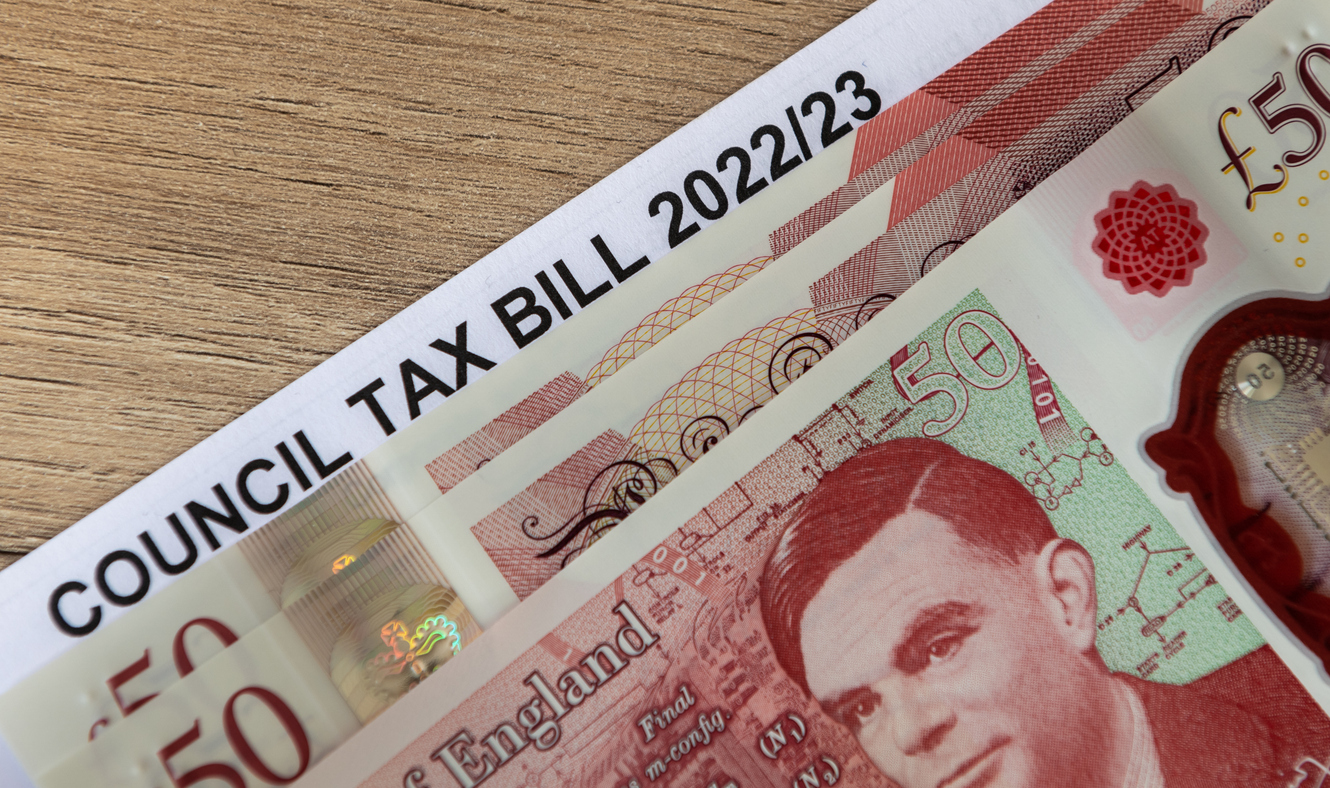



When managing household expenses, many people wonder whether council tax is considered a utility bill. While both involve regular payments, they serve different purposes and are classified separately. Understanding this distinction is crucial for budgeting effectively and meeting financial obligations as a tenant or homeowner.
Council tax is a local government charge applied to residential properties in the UK. The funds collected contribute to essential public services, including:
Council tax is calculated based on property value and is payable by the occupants or owners of a property. Discounts and exemptions exist for certain individuals, such as students and low-income households.
Utility bills refer to services that a household consumes regularly, including:
Unlike council tax, utility bills are usage-based, meaning the more you consume, the more you pay. These services are typically provided by private companies rather than local authorities.
| Feature | Council Tax | Utility Bills |
|---|---|---|
| Provider | Local council | Private companies |
| Purpose | Funds local services | Covers household usage |
| Calculation | Based on property band | Based on consumption |
| Who Pays? | Occupants/homeowners | Occupants (tenants or owners) |
| Mandatory? | Yes, unless exempt | Yes, for essential services |
Understanding this distinction is important because:
At Fraser Bond, we assist property buyers, sellers, and tenants in navigating property-related costs, including council tax obligations and utility considerations. Whether you're looking to buy a home, rent a flat, or invest in London property, our experts can guide you through the financial aspects of homeownership and tenancy.
Council tax is not a utility bill—it is a local tax used to fund public services, while utility bills cover essential household services like electricity and water. Understanding these differences can help you manage expenses effectively, ensuring a smooth property experience.
If you need expert advice on property-related financial obligations, contact Fraser Bond today!